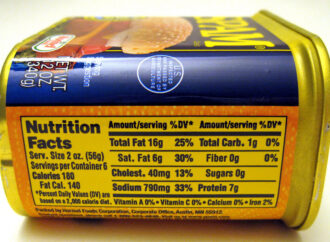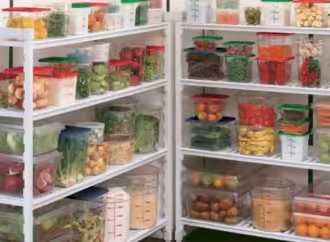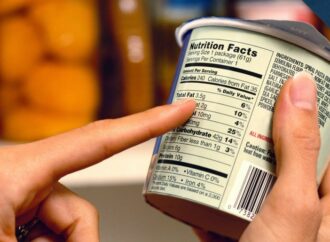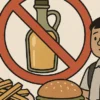 Food Manifest
Food Manifest
The house of resource for food safety.
use by date
- Home
- use by date

Food Misbranding and Mislabelling: A Consumer Safety Concern0
- Food Safety, General, Health & Wellness
- March 25, 2025
In today’s food industry, consumers rely heavily on food labels to make informed decisions about what they are eating. However, issues like food misbranding and mislabelling are becoming increasingly prevalent, leading to concerns about consumer safety, transparency, and trust in food products. Both misbranding and mislabelling pose significant risks not only to the health of
READ MORE
Freezing Milk: Is It a Good Idea?0
- A to Z, Food Safety, General, Health & Wellness, News
- January 10, 2025
Overview Have you ever opened the fridge in the morning only to find that the milk has expired, even if it hasn’t been opened? Wouldn’t it be great if you could stop milk from spoiling? One way to do that is by freezing it! While we commonly freeze certain foods to extend their shelf life,
READ MORE
Maximizing Food Safety and Reducing Waste: Understanding Shelf Life0
- A to Z, Food Safety, General, Health & Wellness
- January 2, 2025
The shelf life of food is more than just an expiration date – it’s a key factor in ensuring safety, and quality, and reducing waste. Perishable items, affected by moisture, temperature, and packaging, have limited lifespans. As food ages, it loses taste, texture, and nutrients, and can even become unsafe to eat, leading to waste
READ MORE

Maximize Freshness and Safety with these Food Storage Tips0
- Food Hygiene, Food Safety, General, Health & Wellness
- November 14, 2024
Food storage plays a crucial role in maintaining the freshness, taste, and safety of your meals. Whether you’re a home cook or a professional chef, knowing how to store food properly helps prevent spoilage, reduces waste, and protects against foodborne illnesses. Incorrect storage can lead to bacterial growth, which can cause serious health problems. By
READ MORE
FSIC Urges Australians to Check Food Labels for Safety0
- Food Hygiene, Food Safety, Health & Wellness, News
- November 14, 2024
Report The Food Safety Information Council (FSIC) has urged Australians to check food labels and follow safety advice before cooking, ahead of Australian Food Safety Week from November 9 to 16. FSIC CEO Lydia Buchtmann pointed out that research shows only 30% of consumers consistently read cooking and storage instructions. The Impact of Not Following
READ MORE
Understanding Food Date Labels: Best Before vs. Expiry Dates0
- General, Health & Wellness
- November 11, 2024
In India, food date labels play a key role in food safety management and reducing waste. Terms like “best before’, ‘expiry, ‘use by’, and ‘manufacture date’ often confuse, leaving consumers unsure about what’s safe to consume after a printed date. Misunderstanding these labels can lead to unnecessary food disposal, financial loss, and health risks. To
READ MORE
Latest Posts
-

-

Freezing Milk: Is It a Good Idea?
- A to Z, Food Safety, General, Health & Wellness, News
- January 10, 2025
-

-

-










